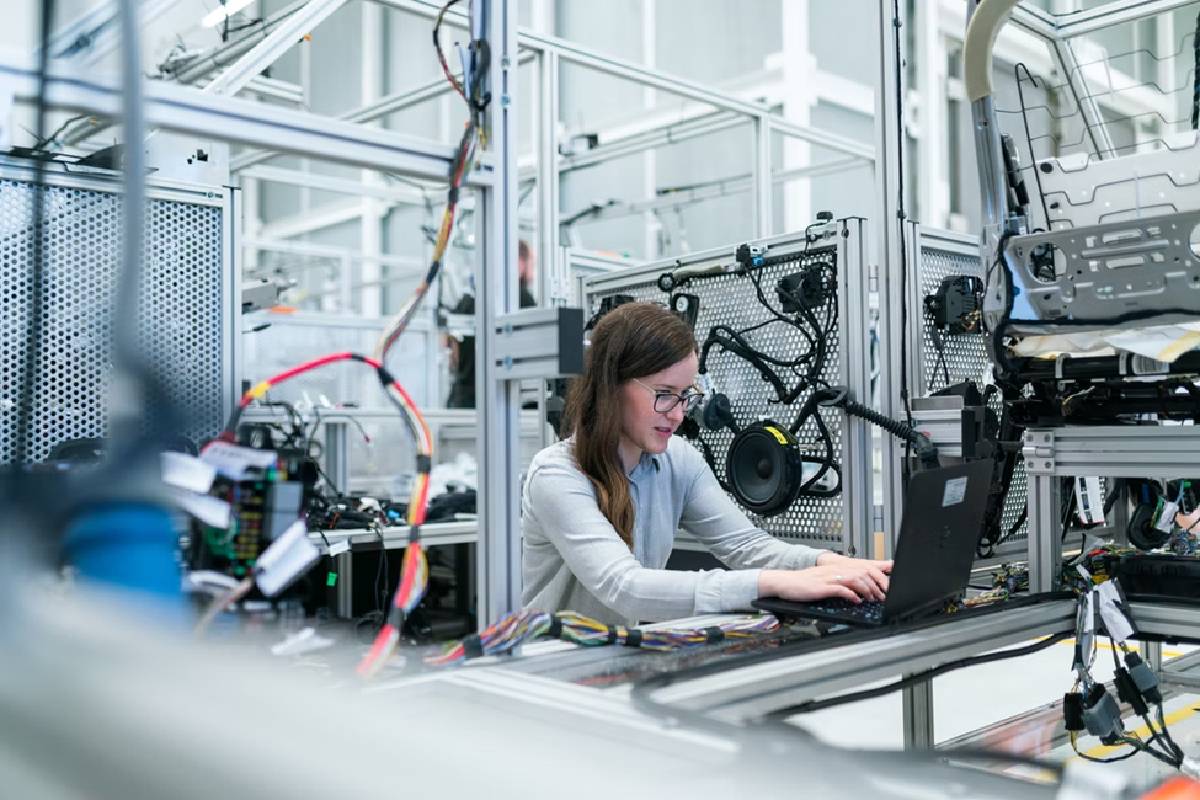In today’s age of mass production(CMMs), manufacturing plays a crucial role in supplying the world with our daily needs. Nearly everything we use or encounter every day has been a product of mass production, from our daily necessities to the parts necessary for transportation and infrastructure.
With client and consumer standards increasing each year, manufacturers are tasked to keep improving the quality and consistency of their products. This is particularly important for high-tech products requiring high precision, such as machinery or scientific equipment.
One piece of equipment that could help manufacturers achieve this goal is a coordinate measuring machine (CMM). Let’s take a look at what a CMM is and some of its pros and cons.
Table of Contents
What Is a CMM?
A coordinate measuring machine (CMM) is a piece of equipment that measures the dimensions of particular objects by using a probe to sense various points on their surface.
These machines accomplish this through coordinate technology and are capable of measurements across three dimensions, or the objects’ X, Y, and Z axes they measure.
By recording each measurement, manufacturers can establish standards for the items they manufacture and ensure consistency across items and batches.
Advantages of CMMs
CMMs are specialized and highly capable, and having one on your factory or shop floor offers many advantages. If you’re planning on purchasing one to aid your manufacturing operations, you could expect the following benefits:
Faster Inspection Times
A CMM automates the inspection process, reducing the time and labour required to ensure that each manufactured item is up to the standard.
Manual inspection processes could still be effective, but they would be highly inefficient, especially for larger production volumes.
Using a CMM exponentially speeds up the quality control process, helping companies produce more in a shorter amount of time.
High-Quality Production
Even as CMMs ensure faster production and inspection times, they do not sacrifice quality. Human errors become less of a concerning factor since the standard measurements are programmed into the machine.
An adequately programmed CMM ensures consistency and accuracy, resulting in high-quality products every time.
Meets Customer Demands
Consistent and accurate product measurements create higher quality products, which will more likely meet customer needs.
Clients that require accuracy up to the micron, such as military or medical clients, will stick with manufacturers that meet their high demands and innovate alongside them. If your company caters to such clients, a CMM would be a wise investment.
Drawbacks of CMMs
Despite the many advantages and applications of CMMs, they are not for everyone. Many costs are associated with obtaining and maintaining a CMM, so ensure your company can handle them before investing in one.
High Cost
The initial costs of buying a CMM are high. Lower-end machines could set you back tens of thousands of dollars, a price which would only rise with larger and more specialized machines. Higher-end CMMs could easily cost hundreds of thousands of dollars.
You could offset these costs by purchasing a used CMM machine for sale. Secondhand or refurbished machines could still perform well.
Maintenance and Operations
Aside from your initial investment, you should also consider maintenance and operations. Below are some operational costs necessary to keeping and using a CMM:
- CMM programmer salary or training
- Employee training times
- CMM software costs
- Probe tips
- Repairs and regular maintenance
A CMM is a significant asset to any manufacturing business. However, they are a significant financial and operational investment, and companies must be capable of handling maintenance and operating costs for the machines to perform at their best.




